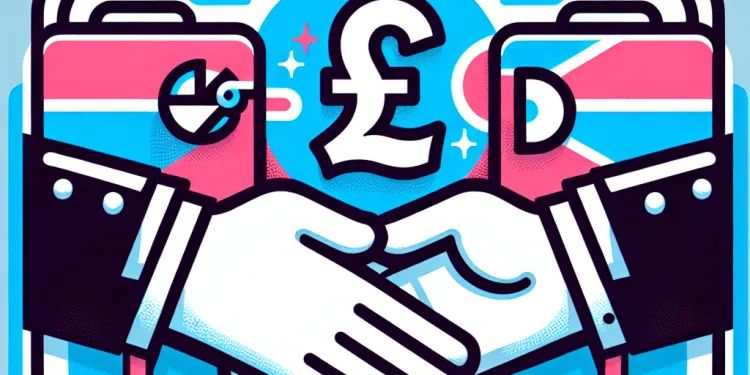
Find Help
More Items From Ergsy search
-
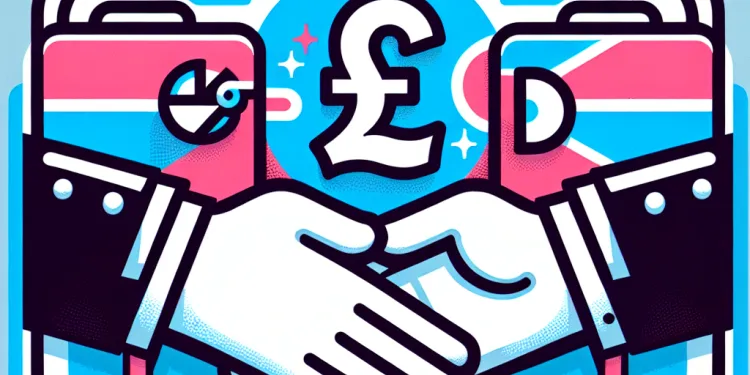
How can I address payment disputes as a gig worker?
Relevance: 100%
-
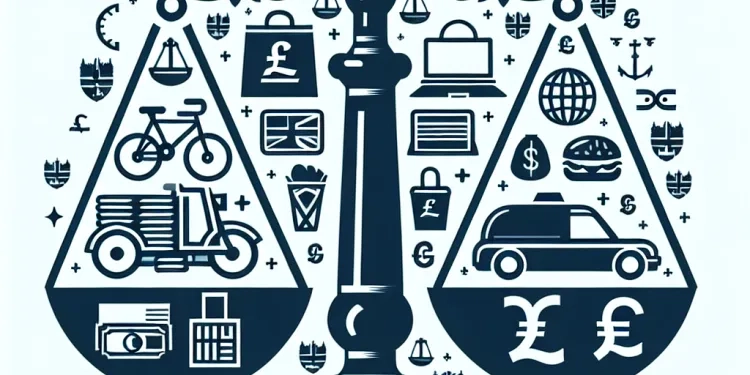
What are my rights as a Gig Worker?
Relevance: 86%
-
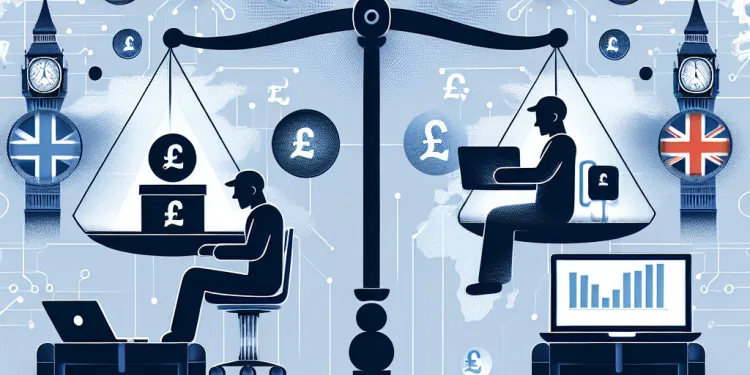
Are gig workers entitled to workers' compensation?
Relevance: 79%
-
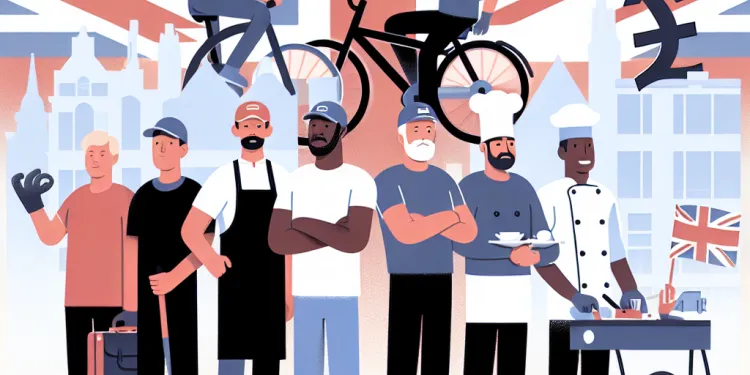
Do gig workers have the right to unionize?
Relevance: 76%
-
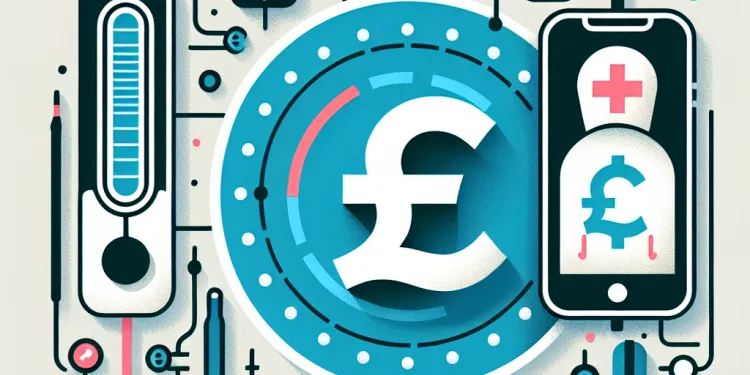
Are gig workers entitled to sick leave?
Relevance: 74%
-
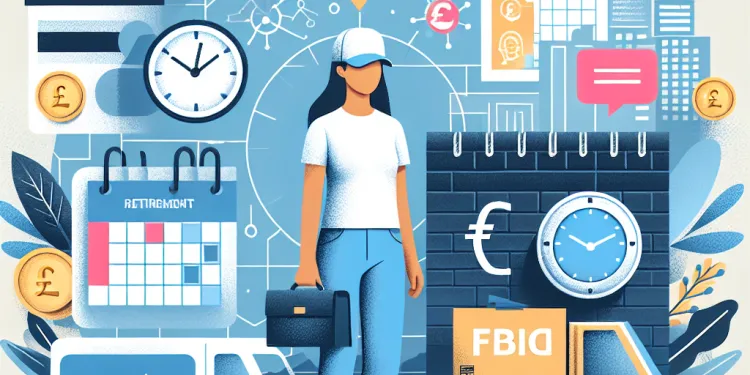
Do gig workers qualify for retirement benefits?
Relevance: 74%
-
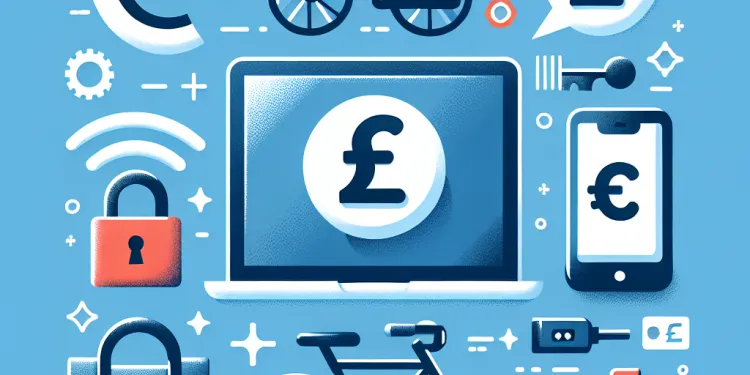
Is job security a right for gig workers?
Relevance: 74%
-
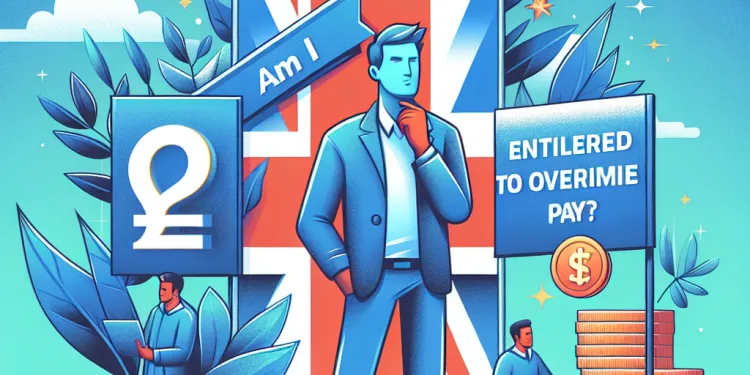
Am I entitled to overtime pay as a gig worker?
Relevance: 74%
-

Are gig workers protected against wrongful termination?
Relevance: 73%
-
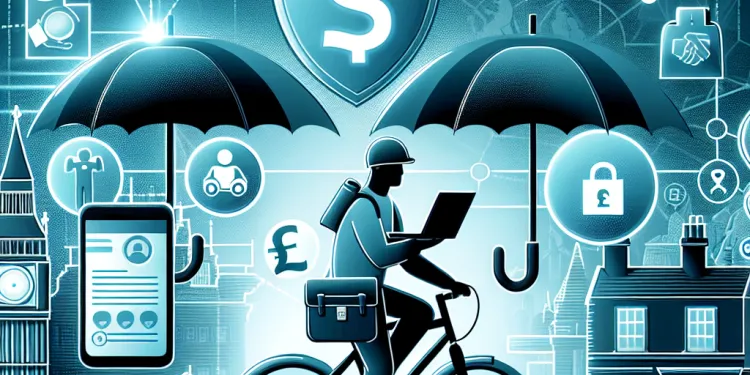
Do gig workers have access to unemployment benefits?
Relevance: 71%
-

Can I receive health benefits as a gig worker?
Relevance: 71%
-

Do gig workers have the right to a minimum wage?
Relevance: 71%
-
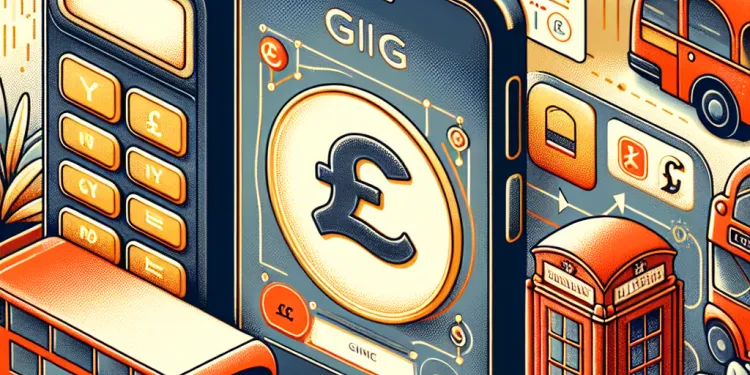
Can I claim expenses as a gig worker?
Relevance: 70%
-
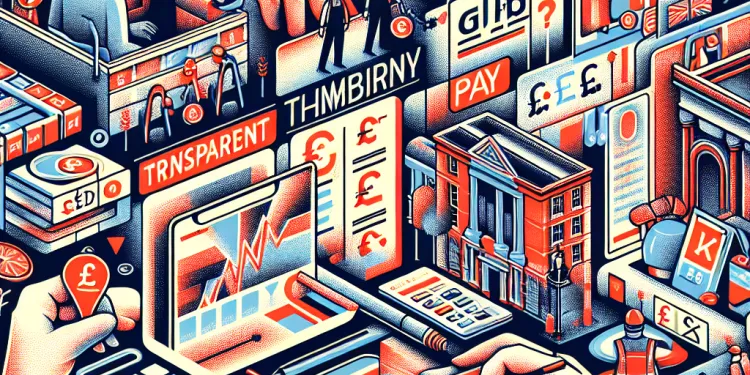
Do gig workers have the right to transparency in pay and fees?
Relevance: 70%
-
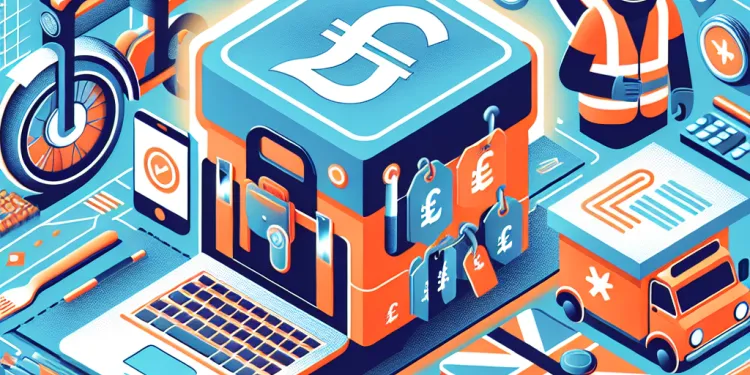
What are my rights regarding workplace safety as a gig worker?
Relevance: 68%
-
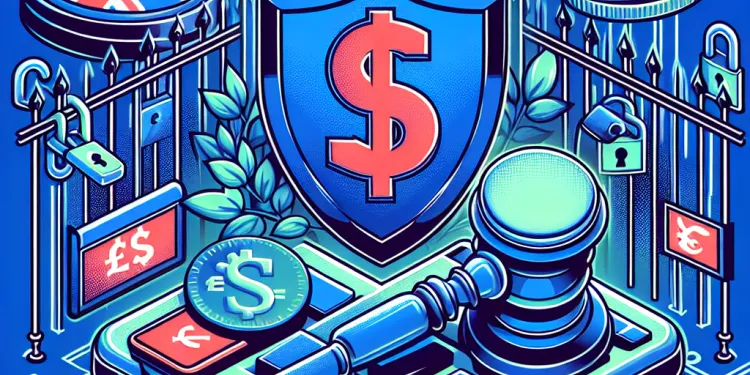
Do gig workers have intellectual property rights over their work?
Relevance: 67%
-
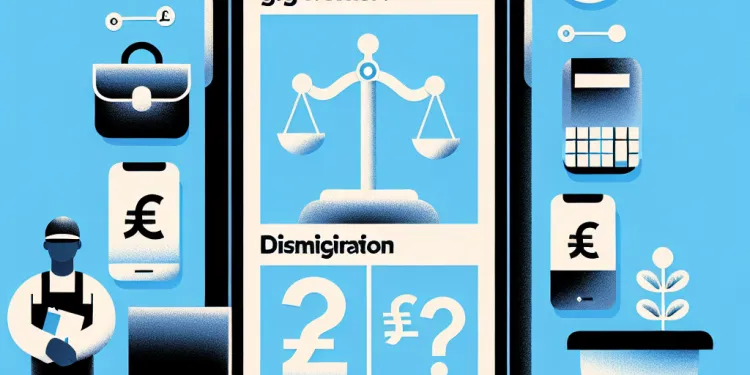
What can I do if I face discrimination as a gig worker?
Relevance: 66%
-

Employment Tribunal Cases Surge Amidst Gig Economy Debate
Relevance: 61%
-
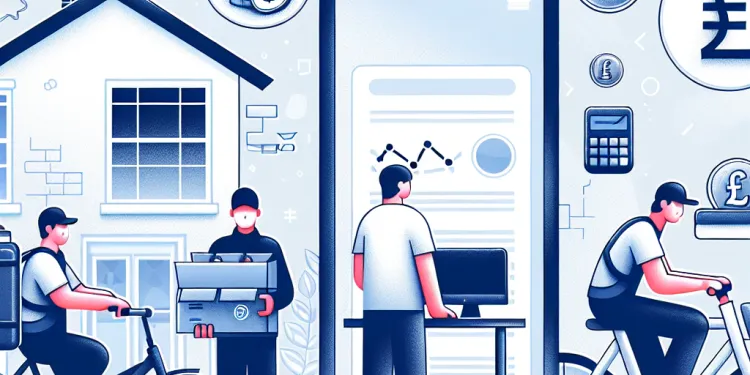
Am I considered an employee if I am a gig worker?
Relevance: 56%
-
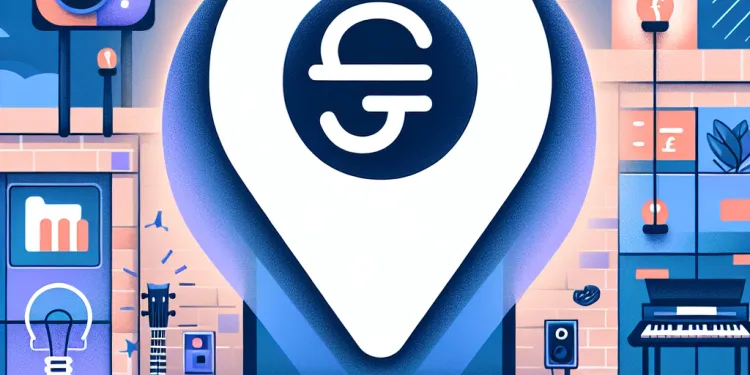
Can a gig platform deactivate my account without reason?
Relevance: 47%
-

Lone Workers
Relevance: 36%
-

Shareholder Disputes
Relevance: 34%
-

Company Director Disputes
Relevance: 31%
-

Are boundary disputes common?
Relevance: 31%
-

What is a boundary dispute?
Relevance: 31%
-

What is a title dispute?
Relevance: 31%
-

Is certification necessary for primary care support workers?
Relevance: 30%
-

How can a property litigator assist in lease disputes?
Relevance: 30%
-

What healthcare policies should support workers be aware of?
Relevance: 30%
-
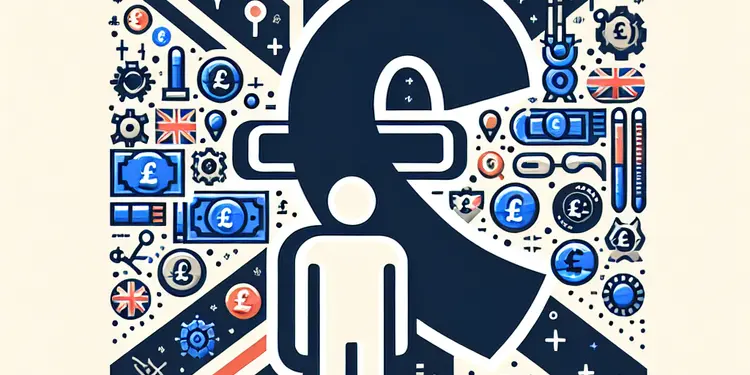
Can support workers participate in decision-making processes?
Relevance: 30%
-

What types of disputes are involved in property litigation?
Relevance: 29%
-
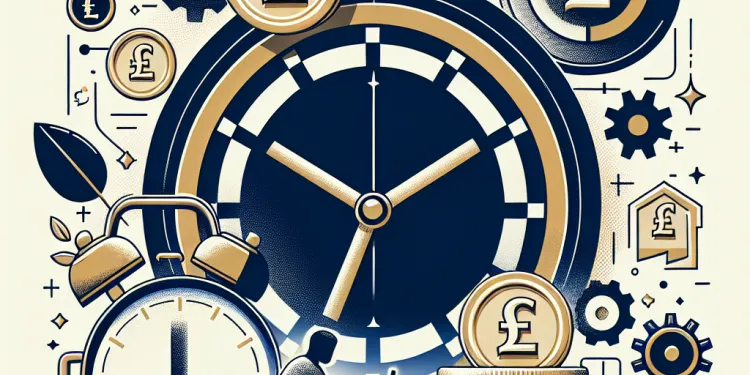
Are zero-hour contract workers entitled to the National Living Wage?
Relevance: 29%
-
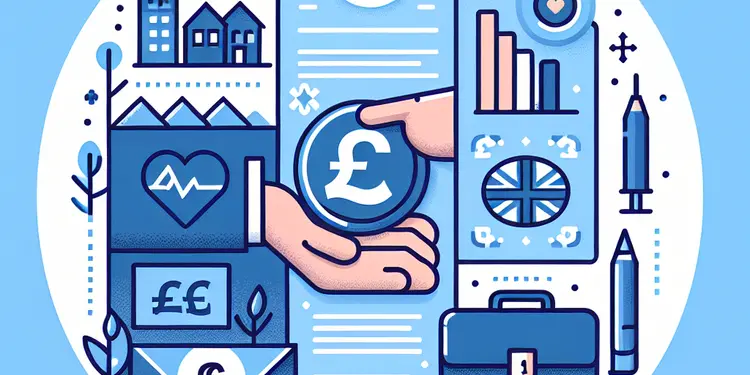
Is mentorship available for primary care support workers?
Relevance: 29%
-

How are disputes between landlords and tenants handled?
Relevance: 29%
-

Are there academic courses for aspiring primary care support workers?
Relevance: 29%
-
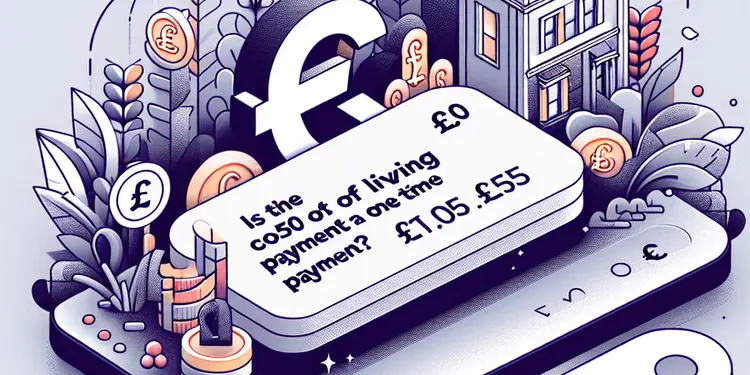
Is the £500 cost of living payment a one-time payment?
Relevance: 29%
-

Handling Inheritance Disputes Legally
Relevance: 29%
-

Is there an income threshold for students to qualify for the payment?
Relevance: 29%
-
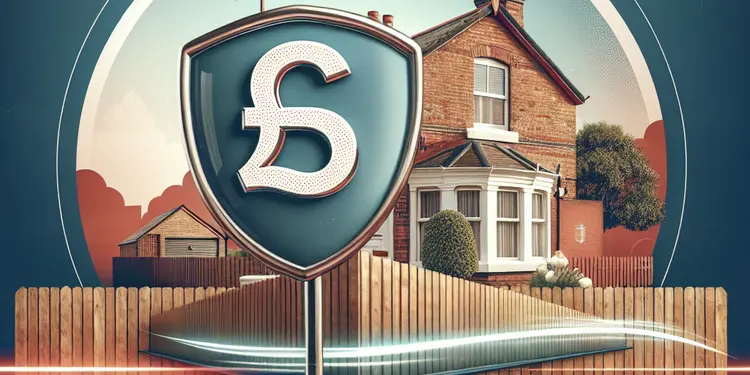
Can boundary disputes be insured against?
Relevance: 29%
-

What help is available to primary care support workers?
Relevance: 29%
Understanding Payment Disputes
As a gig worker in the UK, it is common to face payment disputes. These disputes can arise from clients who delay payments or refuse to pay altogether. Understanding the nature of these issues is the first step in addressing them. Payment disputes can occur due to unclear agreements, misunderstandings about the work delivered, or financial difficulties on the client's end.
Establishing Clear Agreements
Before commencing any gig, it is vital to establish clear agreements with your clients. This includes outlining the scope of work, deadlines, and payment terms in a contract. Make sure to have these agreements in writing and, if possible, have the client sign off. A well-drafted agreement can prevent disputes and provide a solid foundation for any claims.
Maintaining Thorough Documentation
Good record-keeping can make a significant difference when dealing with payment disputes. Keep track of all communications with the client, including emails, messages, and invoices. Document work progress and any changes to the original agreement. This documentation can serve as evidence in case you need to escalate the dispute to a legal level.
Communication and Negotiation
If a payment dispute arises, try resolving it amicably through open communication. Reach out to the client to discuss any issues and find a mutual agreement. Sometimes, a simple misunderstanding can be resolved with clear communication. Be prepared to negotiate, and aim for a fair outcome for both parties.
Utilising Online Platforms
If you have secured the gig through an online platform like Upwork or Fiverr, make sure to use the platform's dispute resolution services. These platforms offer structured processes to address payment issues and often have mechanisms to hold payments in escrow until the work is approved, which can provide additional protection.
Seeking Professional Advice
When negotiations fail and disputes persist, consider seeking professional advice. Community legal services or organisations like ACAS (Advisory, Conciliation and Arbitration Service) can offer valuable guidance. For more significant disputes, you may want to consult a solicitor specialising in employment law to explore your options for legal action.
Small Claims Court
If all else fails, you have the option to bring the case to a small claims court. This is generally advisable for smaller amounts and should be considered a last resort. The UK court system allows individuals to file claims for monetary disputes in a straightforward and low-cost manner, though it may require patience as cases go through the judicial process.
Prevention and Best Practices
The best way to address payment disputes is to prevent them from occurring in the first place. Ensure transparency and clarity in all dealings, deliver quality work, and build a reputation based on trust and reliability. By fostering good relationships with clients and following best practices, you can minimise the risk of encountering payment disputes in your gig work.
Understanding Payment Disputes
If you work freelance in the UK, you might have trouble with getting paid. Sometimes clients pay late or don’t pay at all. It's important to understand why this happens. It might be because the agreement was not clear, there were misunderstandings about the work, or the client has money problems.
Making Clear Agreements
Before you start any job, make sure you have a clear agreement with your client. Write down what work you will do, when it needs to be done, and how much you will be paid. Try to get the client to sign this agreement. Having everything written down can help avoid problems later.
Keeping Good Records
Keep track of everything you talk about with your client. Save emails, messages, and invoices. Write down any changes to the work. These records can help you if there is a disagreement later.
Talking and Finding Solutions
If there's a problem with payment, try to talk to the client calmly. Explain the problem and see if you can agree on a solution. Sometimes a simple chat can fix the issue. Be ready to find a solution that works for both of you.
Using Online Platforms
If you got the job through a website like Upwork or Fiverr, use their dispute help. These sites have tools to help solve payment problems. They might keep the money safe until the work is done, which can help protect you.
Getting Professional Help
If you can't solve the problem, think about getting advice from professionals. Services like ACAS can give good advice. If it's a big problem, you might need to talk to a lawyer who knows about job laws.
Small Claims Court
If nothing else works, you can go to a small claims court. This is good for smaller amounts of money. It's easy to use but can take time. This should be your last choice.
Stopping Problems Before They Start
The best way to avoid payment issues is to stop them before they happen. Be clear and honest in all your work. Do good work and build trust with your clients. By doing this, you can reduce the chance of having payment problems.
Frequently Asked Questions
What steps should I take when a payment dispute arises?
Start by reviewing the agreement with the client, clearly understand their concerns, and communicate politely but assertively to resolve the issue.
How can I prevent payment disputes as a gig worker?
Set clear expectations and document terms before starting a project. Always maintain a record of communications and deliverables.
Should I involve a third party in a payment dispute?
If initial attempts to resolve the dispute fail, consider mediation through the platform you used or seeking advice from a professional.
Can payment disputes affect my reputation as a gig worker?
Yes, unresolved disputes can lead to negative reviews, impacting your reputation. It's crucial to address issues promptly and professionally.
How should I communicate with a client about a payment issue?
Be professional and factual in your communication. Express your concerns clearly and provide any evidence that supports your case.
What are common causes of payment disputes in gig work?
Misunderstandings about scope, missed deadlines, dissatisfaction with work, or simple lack of communication are common issues.
Is a written contract necessary to avoid disputes?
While verbal agreements can work, having a written contract is highly recommended as it clearly outlines the terms and expectations.
What should I include in a contract to avoid disputes?
Include payment terms, project scope, deadlines, deliverables, and contact information. Specify what constitutes acceptable completion of work.
How can I track payments as a gig worker?
Use invoicing tools and apps specifically designed for freelancers to track invoices and payments efficiently.
What legal options do I have if a client refuses to pay?
If informal resolution and mediation fail, you may consider legal action, but weigh the costs and benefits. Small claims court can be an option.
How can I ensure timely payments from clients?
Request partial upfront payments or set up milestone payments to secure progress payments throughout the project.
What role do payment platforms play in resolving disputes?
Platforms often have built-in dispute resolution services and can mediate between you and the client if payments are held back unfairly.
What is the best approach to handle delayed payments?
Politely remind clients, and send detailed invoices. Follow up regularly, and clearly state any late fees if outlined in your contract.
Can I charge late fees to clients?
Yes, if late fee terms are included in your contract or agreement with the client from the start.
How should I document a payment dispute and resolution?
Keep detailed records of all communications, evidence of work performed, invoices sent, and outcomes of any mediation efforts.
What if a platform does not support dispute resolution?
Seek external mediation or arbitration services, or consider discussing the issue openly with the client to find a mutual agreement.
How important is client feedback in resolving payment disputes?
Understanding client feedback can help adjust your approach to meet expectations, and can sometimes reveal misunderstandings that are easily addressed.
Is it beneficial to consult a professional during a dispute?
Consulting a legal or financial advisor can provide guidance on how to handle the situation effectively and protect your rights.
How can communication skills play a role in resolving disputes?
Effective communication helps clarify misunderstandings and can often prevent disputes from escalating by fostering cooperation.
What should I learn from payment disputes as a gig worker?
Reflect on each dispute to improve future contracts, communication, and client management strategies, minimizing similar occurrences.
What to Do if There is a Problem with a Payment
Sometimes, there are problems with payments. Here is what you can do:
- Stay calm. Take deep breaths.
- Look at your bank statements. Check if the payment was made.
- Talk to the person or company. Explain the problem.
- Write down what you talk about. Keep it for your records.
- Ask someone you trust to help you. They can help you talk to people.
You can ask for help if you find this hard. A computer program like a voice reader can read this to you.
First, look at what you and the client agreed on. Make sure you know what the client is worried about. Talk to them in a nice but confident way to fix the problem.
How can I stop problems with payments when I do small jobs?
Here is how you can make sure you get paid without problems:
- Clear Agreement: Talk with the person you’re working for. Make sure you both understand the work and how much money you will get.
- Write it Down: Keep notes or write an agreement. This can be in an email or a simple note.
- Invoices: Use simple billing tools to send statements. These show what work you did and how much the person needs to pay.
- Use Apps: Use apps like PayPal or Venmo. They help track money, so you can see when you get paid.
These tips can help you avoid problems and make sure you get paid for your work.
Make sure everyone knows what to do before you start a project. Write down all the rules and things you agree on.
Keep notes of all the talks and work you do.
Should I ask someone else to help with a payment problem?
If trying to fix the problem doesn't work at first, you can try something else. You can ask for help from the website you used, or talk to someone who knows a lot about solving problems.
Can problems with payments hurt my good name as a gig worker?
Yes, if problems are not fixed, people might write bad reviews. This can hurt your reputation. It is very important to fix problems quickly and nicely.
How can I talk to a client about a payment problem?
Here are some simple steps:
- Stay calm and polite. Use kind words.
- Explain the problem clearly. Say what the payment issue is.
- Ask the client for their thoughts. Listen to what they have to say.
- Work with the client to find a solution. Think of ways to solve the problem together.
- Say thank you. Let the client know you appreciate their help.
Tools that can help:
- Use email or write a letter to organize your thoughts.
- Use a calculator to check numbers if needed.
- Ask a friend or family member to practice what you want to say.
Talk in a polite and serious way. Say what is worrying you and show any proof you have.
Why do people often argue over money in gig work?
Sometimes people have problems because they don't understand what needs to be done. They might finish work late, not like the work, or just not talk to each other enough.
Here are some ways to help:
- Use clear words and short sentences.
- Break big tasks into smaller steps.
- Make a simple plan for when things need to be done.
- Use pictures or drawings to show ideas.
- Talk to others often to make sure everyone understands.
Do you need a written contract to stop arguments?
Talking things over can work, but writing it down is better. A written agreement shows what each person needs to do.
What to Put in a Contract to Stop Arguments
Say how people will pay, what you will do, when the work needs to be done by, and what you will give them. Include how to get in touch with you. Say exactly what "finished" looks like.
How can I keep track of my money as a gig worker?
If you work small jobs, it's important to know when you get paid. Here are some easy ways to do that:
- Write down each job and how much you earn in a notebook.
- Use a simple app on your phone to log payments.
- Check your bank account to see if the money has arrived.
- Ask someone you trust to help you keep track of your earnings.
These steps can help you know how much money you have made.
Use special tools and apps made for freelancers. They help you keep track of bills and payments easily.
What can I do if someone won't pay me?
If someone won't give you the money they owe, here are some steps you can take:
- Talk to Them: Speak with the person to find out why they haven't paid. Maybe you can reach a new agreement.
- Send a Reminder: Write a polite reminder note. You can say how much they owe and ask them to pay.
- Get Help: Ask a friend or family member to help you talk to them.
- Use a Mediator: A mediator is someone who helps people talk and solve problems. They can help you and the person find a solution.
- Small Claims Court: If they still won't pay, you can ask a judge to help in a small claims court. This is a place where people can sort out money problems.
Remember, you can ask someone you trust to help you with these steps. It's okay to ask for support when you need it.
If talking (informal resolution) and asking someone to help you talk it out (mediation) don't work, you can think about going to court. But, think about what you might win and lose. Going to small claims court might be a choice.
How can I make sure clients pay on time?
Here are some tips:
- Send a bill as soon as you finish the work.
- Make your bill clear and easy to understand.
- Talk to your client about how and when they will pay.
- Set a date for when they need to pay.
- If they pay late, send them a reminder.
- Use tools like online payment apps to make it easy for them to pay.
These steps can help you get your money on time.
Ask for some money at the start or ask for money as you finish different parts of the project.
How do payment platforms help fix problems?
Payment platforms are like online tools. They help people pay for things. Sometimes, there are problems. Maybe someone thinks they paid too much. Or maybe they didn't get what they paid for.
Payment platforms can step in and help. They look at both sides of the story. They try to make things fair for everyone.
To make it easier when you shop online, you can use a few tips. You could keep all your receipts. That means saving the proof of what you bought and how much you paid. This can help if you have a problem later.
If you find reading hard, you can ask a friend or family member to help you. There are also apps that can read text out loud.
Platforms usually have help services. They can help sort out problems if a client does not pay you when they should.
What should you do if someone pays you late?
It's important to be polite when reminding clients to pay. Send them easy-to-understand bills with details. Check in with them often and let them know if there will be extra charges for paying late, if it's in your agreement.
Can I ask clients to pay extra if they are late?
Yes, you can charge a late fee, but only if you told the client about it in the contract or agreement at the beginning.
How do I keep track of a money problem and how it got fixed?
Write down everything you talk about. Save all work you did, bills you sent, and results from any talks to fix problems.
What to do if a platform can't help with a problem?
If a website or app can't help when you have a problem, here is what you can do: - **Talk to the Company:** Reach out to the company's customer service for help. - **Ask a Friend or Family Member:** They might know what to do. - **Use Online Help:** Look for advice on other websites or ask in online groups. - **Tools:** Use tools like spell-checkers or text-readers if you need help reading or writing. These steps can help you find a solution even if the platform can't help on its own.Get help from a mediator or arbitrator, or talk to the client to solve the problem together.
Why is client feedback important for solving payment problems?
Client feedback is what customers tell us about their experience. It helps us fix any payment problems. When customers share what they think, we can make things better.
If you are having trouble reading, you can ask someone you trust to read with you. You can also use tools like text-to-speech to help understand the words.
Listening to what clients say can help you do better work. It shows you how to make them happy. It can also show where things might be confusing, so you can fix it easily.
Is it good to get help from an expert when you have a disagreement?
When you have a disagreement, it can help to talk to an expert. An expert is someone who knows a lot about helping people solve problems. They can listen to both sides and suggest fair ways to fix the problem.
Support tools like pictures or a sharing stick can make it easier to talk. Taking turns to speak can help too.
It’s okay to ask for help. It can make the problem smaller and help everyone feel better.
It is a good idea to talk to a lawyer or money expert. They can help you understand what to do and keep you safe.
How can talking skills help solve fights?
Talking clearly with each other helps everyone understand better. It can stop arguments from getting worse because it helps people work together.
What can I learn from money problems as a gig worker?
If you have trouble getting paid for your work, here are some tips to help you:
- Keep a record: Write down what you do each day and how much you should get paid.
- Understand the rules: Make sure you know what the job expects and how you get paid.
- Talk clearly: If there is a problem, talk to the person who hired you to fix it.
- Ask for help: You can ask a friend or use online tools to help you understand and solve the problem.
Think about each problem. This will help make future agreements better, communicate clearly, and manage clients well. This way, problems like this won't happen again.
Useful Links
This website offers general information and is not a substitute for professional advice.
Always seek guidance from qualified professionals.
If you have any medical concerns or need urgent help, contact a healthcare professional or emergency services immediately.
- Ergsy carfully checks the information in the videos we provide here.
- Videos shown by Youtube after a video has completed, have NOT been reviewed by ERGSY.
- To view, click the arrow in centre of video.
- Most of the videos you find here will have subtitles and/or closed captions available.
- You may need to turn these on, and choose your preferred language.
- Go to the video you'd like to watch.
- If closed captions (CC) are available, settings will be visible on the bottom right of the video player.
- To turn on Captions, click settings .
- To turn off Captions, click settings again.
More Items From Ergsy search
-

How can I address payment disputes as a gig worker?
Relevance: 100%
-

What are my rights as a Gig Worker?
Relevance: 86%
-

Are gig workers entitled to workers' compensation?
Relevance: 79%
-

Do gig workers have the right to unionize?
Relevance: 76%
-

Are gig workers entitled to sick leave?
Relevance: 74%
-

Do gig workers qualify for retirement benefits?
Relevance: 74%
-

Is job security a right for gig workers?
Relevance: 74%
-

Am I entitled to overtime pay as a gig worker?
Relevance: 74%
-

Are gig workers protected against wrongful termination?
Relevance: 73%
-

Do gig workers have access to unemployment benefits?
Relevance: 71%
-

Can I receive health benefits as a gig worker?
Relevance: 71%
-

Do gig workers have the right to a minimum wage?
Relevance: 71%
-

Can I claim expenses as a gig worker?
Relevance: 70%
-

Do gig workers have the right to transparency in pay and fees?
Relevance: 70%
-

What are my rights regarding workplace safety as a gig worker?
Relevance: 68%
-

Do gig workers have intellectual property rights over their work?
Relevance: 67%
-

What can I do if I face discrimination as a gig worker?
Relevance: 66%
-

Employment Tribunal Cases Surge Amidst Gig Economy Debate
Relevance: 61%
-

Am I considered an employee if I am a gig worker?
Relevance: 56%
-

Can a gig platform deactivate my account without reason?
Relevance: 47%
-

Lone Workers
Relevance: 36%
-

Shareholder Disputes
Relevance: 34%
-

Company Director Disputes
Relevance: 31%
-

Are boundary disputes common?
Relevance: 31%
-

What is a boundary dispute?
Relevance: 31%
-

What is a title dispute?
Relevance: 31%
-

Is certification necessary for primary care support workers?
Relevance: 30%
-

How can a property litigator assist in lease disputes?
Relevance: 30%
-

What healthcare policies should support workers be aware of?
Relevance: 30%
-

Can support workers participate in decision-making processes?
Relevance: 30%
-

What types of disputes are involved in property litigation?
Relevance: 29%
-

Are zero-hour contract workers entitled to the National Living Wage?
Relevance: 29%
-

Is mentorship available for primary care support workers?
Relevance: 29%
-

How are disputes between landlords and tenants handled?
Relevance: 29%
-

Are there academic courses for aspiring primary care support workers?
Relevance: 29%
-

Is the £500 cost of living payment a one-time payment?
Relevance: 29%
-

Handling Inheritance Disputes Legally
Relevance: 29%
-

Is there an income threshold for students to qualify for the payment?
Relevance: 29%
-

Can boundary disputes be insured against?
Relevance: 29%
-

What help is available to primary care support workers?
Relevance: 29%


